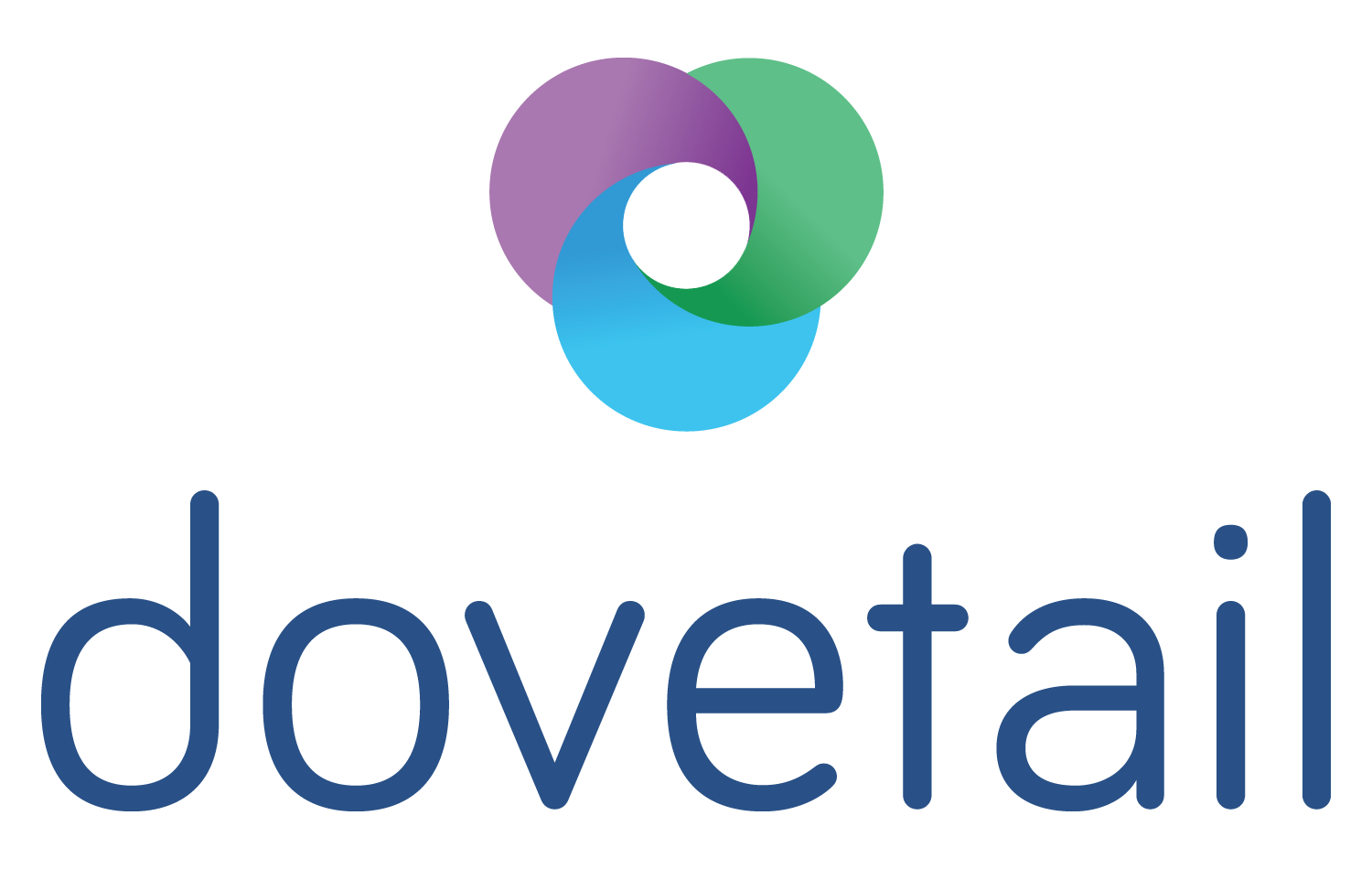Getting more out of business as usual
Every day we see public works taking place – street improvements, parks development, public facilities, and transport improvements. Fundamentally these are about making places better for people to live, work and play.
But what if councils and government agencies could make this happen in a way that delivers additional benefits, or social value, to communities? What if the value that ratepayers receive from public services could deliver some extra social value that can help strengthen the fabric of communities?
What if the way that councils and government agencies purchase services could be used to get these additional benefits?
One area of work that I’ve really enjoyed this year has been social procurement. It’s an emerging practice in New Zealand, particularly in Auckland, and is well-established overseas, especially in the UK and Australia.
It’s about using business as usual purchasing and contracting to get extra social value. The key ingredients are:
- Policy – to set the conditions for social procurement to occur in practice
- Contracting – to specify the social value that an organisation is seeking providers to deliver, and to shape the market’s response
- Market development – to build innovative approaches and new supplier markets
- Supplier development – to support organisations, such as social enterprises or community organisations, to become fit for purpose players in the market and able to deliver social value
When organisations like Auckland Council spend over $3 billion per annum on procurement, there's a real opportunity to use the procurement level to get more benefits for communities.
Earlier this year, Rachael Butler and I completed an evaluation of a social procurement initiative in Mt Roskill, Auckland. The project, called Te Auaunga, was at one level simply a flood mitigation initiative for a local stream (also called Oakley Creek).
At another level, the initiative offered a range of placemaking opportunities, including park and environmental restoration, and new community facilities.
And at yet another level, Auckland Council and the Puketāpapa Local Board saw opportunities to bring about further social benefits to train and employ local young people, and set up a social enterprise plant nursery.
The employment initiative recruited 17 young people to complete a construction skills certificate course at a local training centre; many of them were then channelled into positions with the works contractor and to the social enterprise.
The social enterprise, Te Whangai Trust, established a native nursery on the grounds of a local school, and in the process created a new community hub, and hands-on learning for school children. The trust’s work focuses on bringing long-term unemployed and people with mental health and/or offending histories into sustained employment through building work and life skills. The nursery brings in 60 people each year to deliver the plants, planting and plant maintenance for Te Auaunga.
As our evaluation showed, the process was not without its challenges, and we understand that retention in the youth employment initiative was a particular challenge. But the project highlighted some real potential for social procurement, and lessons for future activity.
I’m currently working with The Southern Initiative at Auckland Council to document a series of social procurement case studies. The report on this will be coming out in the next few months. In the meantime, our report on Te Auaunga can be accessed here, at Auckland Council's RIMU website.
With a new government committed to regional development and sustainable employment, there may well be a role for social procurement to do more than just deliver capital works over the next few years.
With thanks to Auckland Council for commissioning the evaluation of Te Auaunga.
